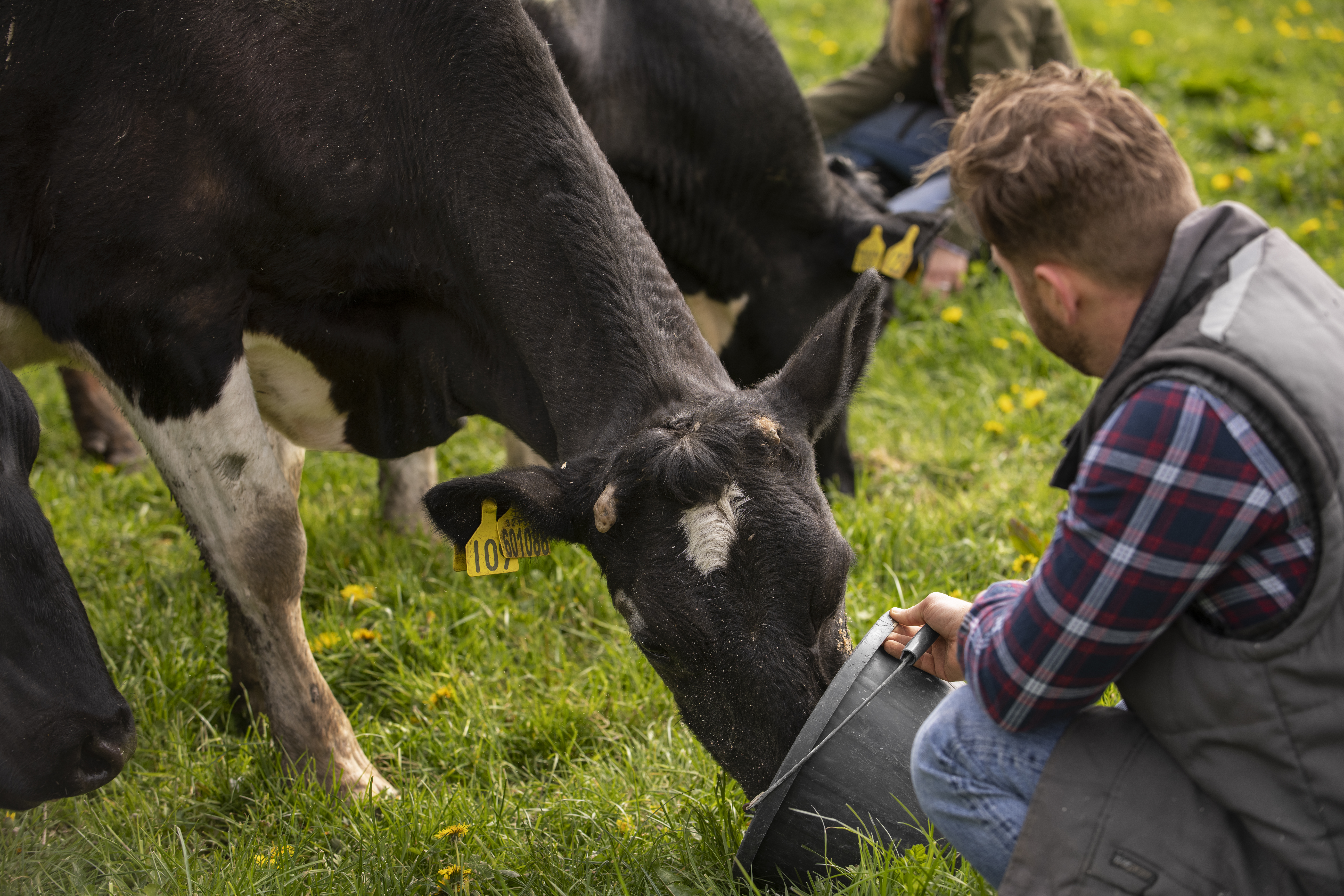A Texas dairy worker was infected with bird flu recently and a virulent bird flu strain was recently identified in US dairy cattle. So far there is no evidence of more widespread transmission in humans. However, federal health officials are looking to ready a vaccine just in case.
The George Washington University has experts available to discuss the risk of a pandemic, what needs to be done to prepare and basic facts about bird flu. To schedule an interview with an expert please contact Kathy Fackelmann at kfacklemann gwu [dot] edu (kfackelmann[at]gwu[dot]edu).
gwu [dot] edu (kfackelmann[at]gwu[dot]edu).
David Diemert, clinical director of the GW Vaccine Research Unit and professor of medicine at the GW School of Medicine and Health Sciences, can talk about vaccine development and the possibility of a bird flu vaccine candidate in the near future.
Christopher Mores, professor of global health at the GW Milken Institute School of Public Health, is a virologist and can discuss the spread, risk and modes of transmission of bird flu. He is the director of a high-containment research laboratory and has investigated outbreaks of Ebola, Zika and others. Mores works closely with the US government and industry on measures to contain or stop emerging disease threats.
Emily Smith, associate professor at Milken Institute of Public Health and an expert in Infectious diseases is available to provide insight on what is known about bird flu and what needs to be done to prevent its spread.
Lynn R. Goldman, Dean of the GW Milken Institute School of Public Health, is a pediatrician, epidemiologist and environmental health expert. She formerly served as the Assistant Administrator for Toxic Substances at the EPA, where she oversaw the Office of Chemical Safety and Pollution Prevention. She is an expert on disaster preparedness including surveillance and the potential of future pandemics. She co-authored an op-ed in The Hill on the need for an early warning system to identify the risk of COVID surges as well as other infectious diseases.
-GW-


